Traditional markets play an important role in the economic , social and cultural life of Vietnamese people; they are both places for the circulation of goods, serving the life, production and activities of people and preserving traditional indigenous culture. Due to the trend of modern commercial development, the development speed of traditional markets has slowed down in recent years. However, the State still assesses the necessity of maintaining and continuing to develop the traditional market model for the economic life of localities, especially rural areas. In order to promote the development of traditional markets, meeting the requirements of being an important channel for the circulation of goods, on June 5, 2024, the Government issued Decree No. 60/2024/ND-CP on market development and management with many new points such as: allowing localities to proactively balance State budget capital to invest or support investment capital for market development in the area; Supplementing regulations on management, use and exploitation of market infrastructure assets invested or supported by the State to implement the Law on Management and Use of Public Assets. In which, socialization is encouraged to mobilize and diversify resources to maintain, develop and exploit market infrastructure assets; supplementing the obligations of investors in market construction, especially related to: maintenance during the market construction investment project cycle; market management will be by enterprises, cooperatives investing, trading, exploiting, managing markets or entities assigned to manage market infrastructure assets for assets invested by the State... instead of the management board as before. At the same time, administrative procedures related to market development investment are reduced. The promulgated Decree has helped to remove difficulties in managing and developing traditional markets in most localities nationwide.
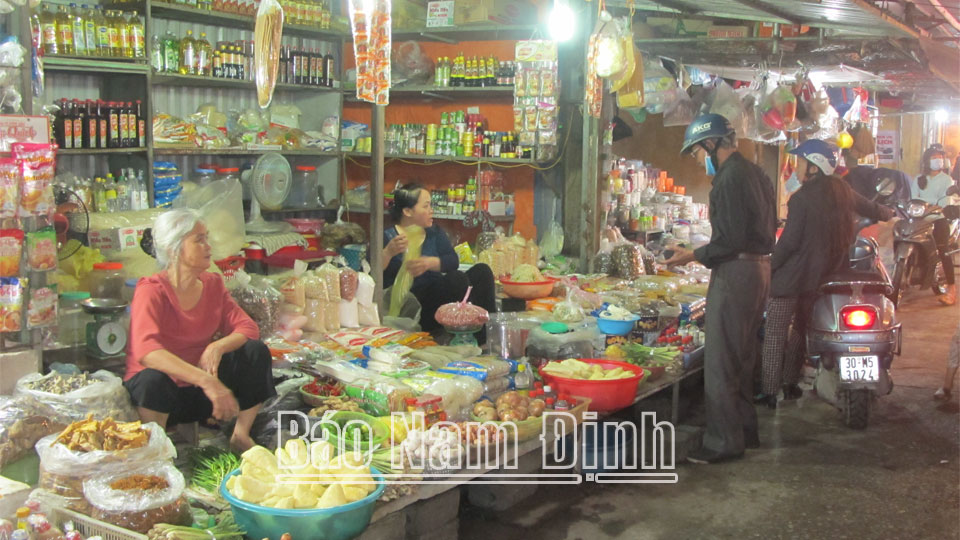 |
| Dan Market, Trung Thanh Commune (Vu Ban) is invested to be clean, beautiful, ensuring hygiene and safety and fire prevention. |
Nam Dinh has a well-developed traditional market system with 192 markets of all kinds in most communes and towns; including 2 class I markets (Rong market, My Tho market); 16 class II markets; 174 class III markets. In the past time, the Department of Industry and Trade has advised the Provincial People's Committee to effectively implement the planning of the market system in the province, ensuring the scale, nature of investment and supporting capital for investment, building new, upgrading and renovating markets. Up to now, most of the markets have solid or semi-solid pavilions, the kiosks in the markets have been gradually invested in to be spacious and clean; the market floors and walkways have been renovated and upgraded with concrete, "hardened" flooring, drainage systems, fire prevention and fighting equipment, environmental sanitation, ensuring traffic safety, fire prevention and fighting safety, gradually approaching civilized trade, well meeting the buying and selling and consumption needs of the people. Markets have also promoted their role as the main wholesale and retail distribution channels of the locality to bring products to consumers; holding an important position in promoting production and consumption of goods for many local agricultural, industrial and handicraft products.
However, according to the report of the Provincial People's Committee, traditional markets are tending to shrink, some districts have relatively sparse market density, mainly Class III markets, small scale. The number of Class I and II markets is small, mainly concentrated in Nam Dinh city and large towns, and is slow to be upgraded to a higher level. On the other hand, according to the assessment of the functional sector, the average purchasing power per capita of the province is relatively low compared to the provinces in the Red River Delta, along with the trend of changing consumer behavior to modern forms of commerce, fast e-commerce leading to many difficulties in expanding the traditional market network. Calling for and attracting investment in the direction of socialization in developing commercial infrastructure is still limited, especially in rural areas. In addition, the allocation of land funds for developing commercial infrastructure in many localities has not received due attention. The capacity gap between supermarkets, commercial centers and e-commerce and traditional markets is increasingly widening, causing the competitiveness of traditional markets to decrease; Consumers are increasingly changing their consumption and shopping habits, shifting to convenience. Meanwhile, many shortcomings in business and market management are also the reasons for reducing customer attraction to the market, such as investment policies, local trade development planning; management models, awareness of market management boards, traders... have not caught up with modern consumer tastes.
In order for the Decree to quickly come into practice, on August 9, 2024, the Provincial People's Committee issued Document No. 464/UBND-VP6 directing departments, branches and localities to focus on implementing solutions to promote market development and management. Accordingly, focus on propagating and disseminating the content of the Decree and urging the implementation of the integrated market development plan in the Provincial Planning to localities, enterprises and small traders throughout the province. Preside over and coordinate with departments, branches and localities to develop and submit to the Provincial People's Committee for promulgation a number of contents on market development and management in the province: decentralizing market management to district and commune levels in accordance with the actual situation in the locality; responsibilities of People's Committees at all levels in eliminating spontaneous business locations; process of converting market management, business and exploitation models; regulations on the management of business locations at markets and guiding internal regulations applicable to all markets in the province.
The People's Committees of districts and Nam Dinh city direct specialized units to advise on the recovery of market infrastructure assets managed by the district level; use the money collected from the exploitation and handling of market infrastructure assets; review market infrastructure assets invested by the State. Organize, inspect, supervise the implementation of legal provisions on market development and management and resolve issues related to difficulties, complaints, lawsuits, disputes, and handle violations of related laws. Review and develop plans to eliminate spontaneous business locations, encroachment on traffic corridors, sidewalks, and failure to ensure security, order, and environmental sanitation; announce the classification and classification of markets in the management area. Proactively balance the State budget to invest or support investment capital for market development in the area based on practical situations, urgency, in accordance with the provisions of the law on public investment and related legal provisions. Efforts to put the Decree into practice are expected to remove difficulties, create favorable conditions for localities to promote the development of the traditional market system, ensuring compliance with the goals, tasks, and solutions to promote socio-economic development of the province.
Article and photos: Nguyen Huong
Source: https://baonamdinh.vn/kinh-te/202410/dau-tu-phat-trien-hop-ly-cho-truyen-thonggop-phanthuc-day-kinh-te-xa-hoi-vung-nong-thon-53c6ab1/



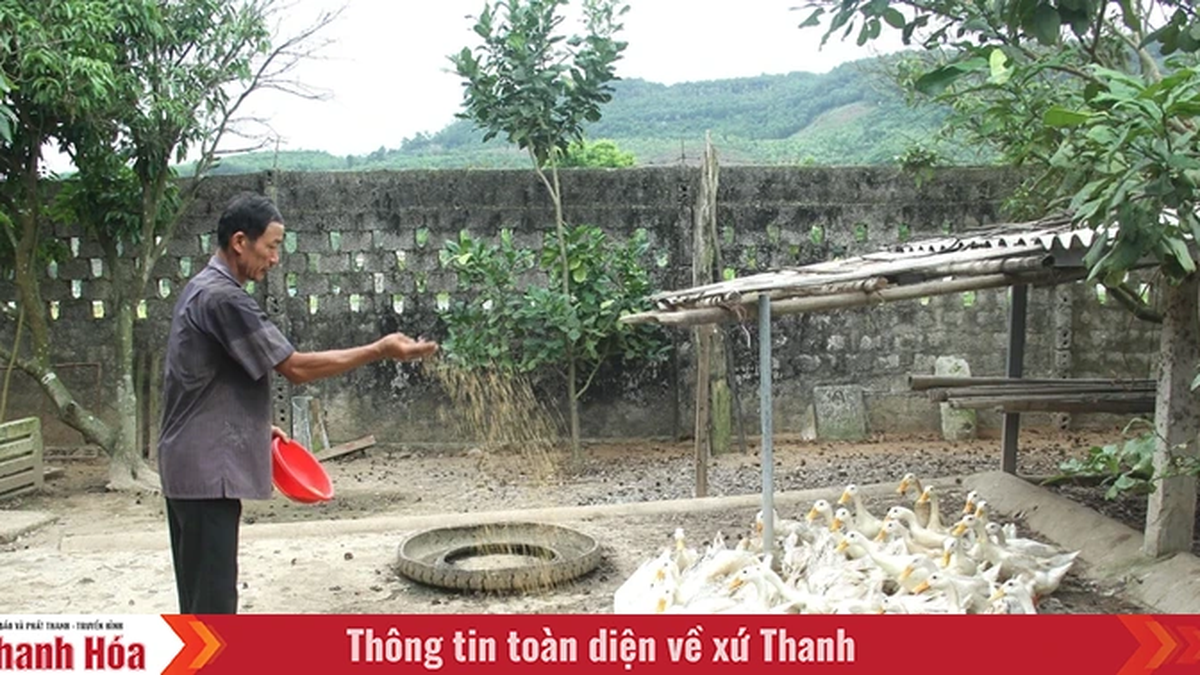






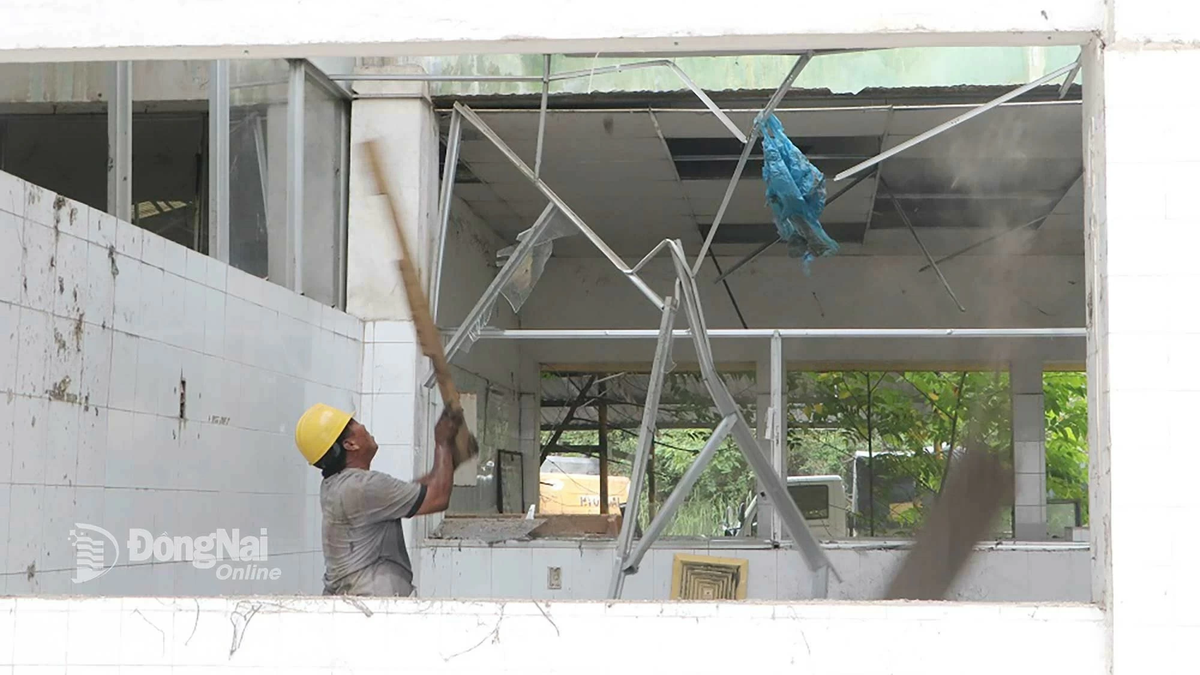
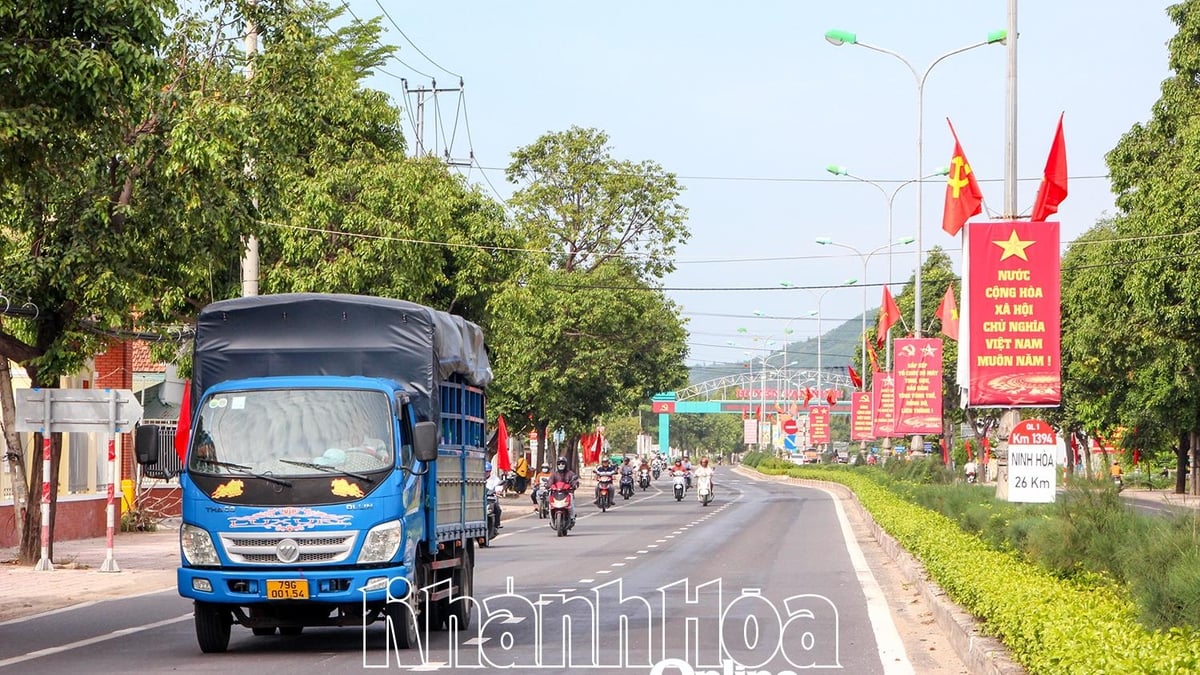











































![[Maritime News] Container shipping faces overcapacity that will last until 2028](https://vphoto.vietnam.vn/thumb/402x226/vietnam/resource/IMAGE/2025/7/30/6d35cbc6b0f643fd97f8aa2e9bc87aea)











































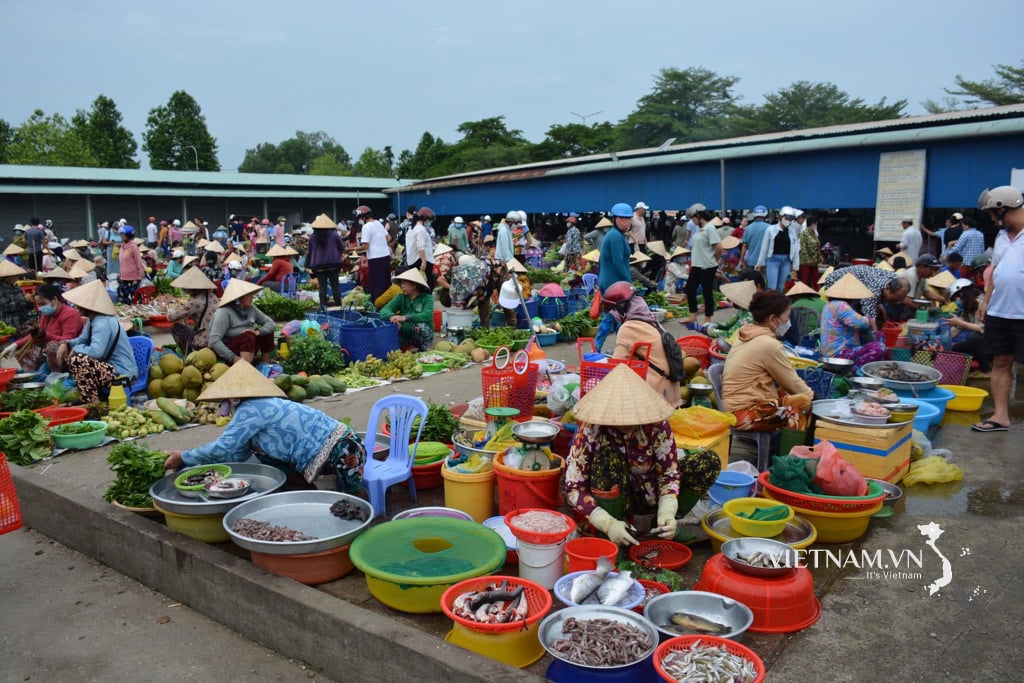

Comment (0)